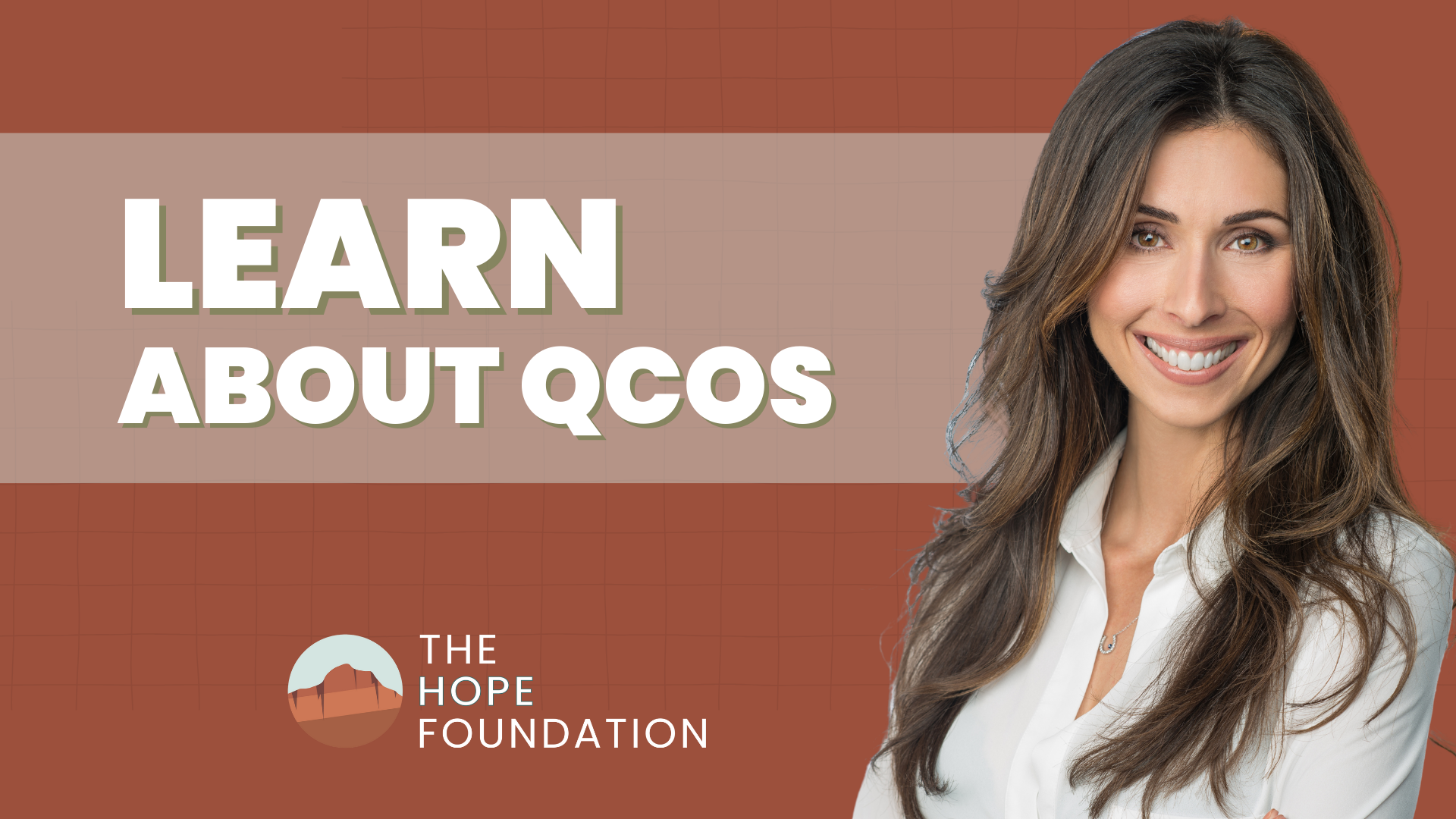DONATE
FILE
RECEIVE
QCO CODE 22651
TEXT "QCO" TO 41444 TO DONATE
-
The Arizona Charitable Tax Credit is a set of two nonrefundable individual income tax credits for charitable contributions to Qualifying Charitable Organizations (QCOs). The maximum allowable credit for contributions to QCOs in 2024 $938 for married filing jointly filers or $470 for single, married filing separately, and heads of household filers. These tax credits provide dollar-for-dollar tax benefits, allowing taxpayers to reduce their state tax liabilities for each dollar donated to charities, up to the maximum allowable limits.
-
Here are some general guidelines for using the Arizona Charitable Tax Credit. Please consult your tax advisor for advice on your specific tax situation.
Donations must be made by individuals (corporations, foundations, partnerships, etc. do not qualify).
Donations must be made in cash (property donations do not quality, nor do in-kind donations such as toys, books and services).
Donations must be made to Qualified Charitable Organizations or Qualifying Foster Care Charitable Organizations that have been certified by the state of Arizona; gifts to non-certified charities are not eligible for the AZ Charitable Tax Credit.
Credits that are not applied to tax obligations for the current tax year can be carried forward to future tax years.
-
Donate to a certified charitable organization (QCO or QFCO), such as a 501(c)(3) organization like Hope Mental Health Foundation
Maintain a receipt of your gift from the charity to provide a copy with your tax return.
Complete the relevant tax form to claim one or more credits for your gift(s): Arizona Form 321 for gifts to QCOs, and/or Arizona Form 352 for gifts to QFCOs.
Calculate your individual tax return (e.g. Arizona Form 140, 140 X&Y Tables or 140X), subtracting your tax credits from your tax liability, in order to reduce your Arizona state tax balance. Include either Arizona Form 321 or Arizona Form 352, or both, with this return.
For example, if a single individual owes $2,000 in taxes but donates $421 to a qualifying charitable tax organization, their tax liability is reduced to $1,600.
-
A tax credit reduces an individual’s tax liability (or the total amount of tax debt owed to the government) on a dollar-for-dollar basis. For every dollar an individual claims as a tax credit, her tax obligation is reduced by a dollar. In contrast, a tax deduction reduces an individual’s taxable income. For every dollar an individual claims as a tax deduction, her taxable income is reduced by a dollar. Based on the calculation from her income bracket, the individual pays a tax on the amount left over after deductions are subtracted.
Consider the example of a single taxpayer with $40,000 in taxable income and an effective Arizona state tax rate of 3% (this rate is just used for the purposes of an example; current Arizona state income tax rates can be found on the IRS website). In this case, the taxpayer’s Arizona state tax liability is $1,200 (3% of $40,000).
Now let’s assume this individual has donated $421 to a Qualifying Charitable Organization and $500 to a Qualifying Foster Care Charitable Organization; then she takes the $421 maximum allowable tax credit for a gift to a QCO, and the $500 maximum allowable tax credit for a gift to a QFCO. In this scenario, these two tax credits would reduce the individual taxpayer’s liability by $921 ($421 + $500), from $1,200 to $300. The individual would end up paying $300 to the state of Arizona.
Next, let’s consider the implications of two equivalent tax deductions for the same taxpayer. In this example, assume the individual makes the same two donations of $421 and $500, except in this case the gifts are made to two charities that have not been certified as either a QCO or QFCO by the state of Arizona. In this scenario, these two tax deductible gifts would reduce the individual’s taxable income by $921 ($421 + $500), from $40,000 to $39,100. After applying the 3% effective tax rate to the individual’s $39,100 of taxable income, the individual taxpayer’s liability would be $1,173, resulting in a higher payment to the state of Arizona.
-
The Arizona Department of Revenue (ADOR) defines Qualifying Charitable Organizations (QCOs) as those that “provide immediate basic needs to residents of Arizona who receive temporary assistance for needy families (TANF) benefits, are low income residents of Arizona, or are children who have a chronic illness or physical disability.” QCO organizations are also required to spend at least half of their annual budgets on “qualified services for qualified Arizona residents,” according to ADOR.
-
Donors often wonder whether they can receive tax credits under the Arizona Charitable Tax Credit for smaller gifts, especially when they want to support a charity but are not able to donate hundreds of dollars. To clarify, there is no minimum dollar requirement for the Arizona Charitable Tax Credit. Charitable contributions to QCOs and QFCOs do not have to exceed a minimum dollar threshold. A single taxpayer who wants to contribute $421 to a QCO and claim the maximum allowable credit may do so; likewise, a taxpayer can make a $5 donation, record this gift on Arizona Form 321, and receive a tax credit in the amount of $5 from the state of Arizona.





